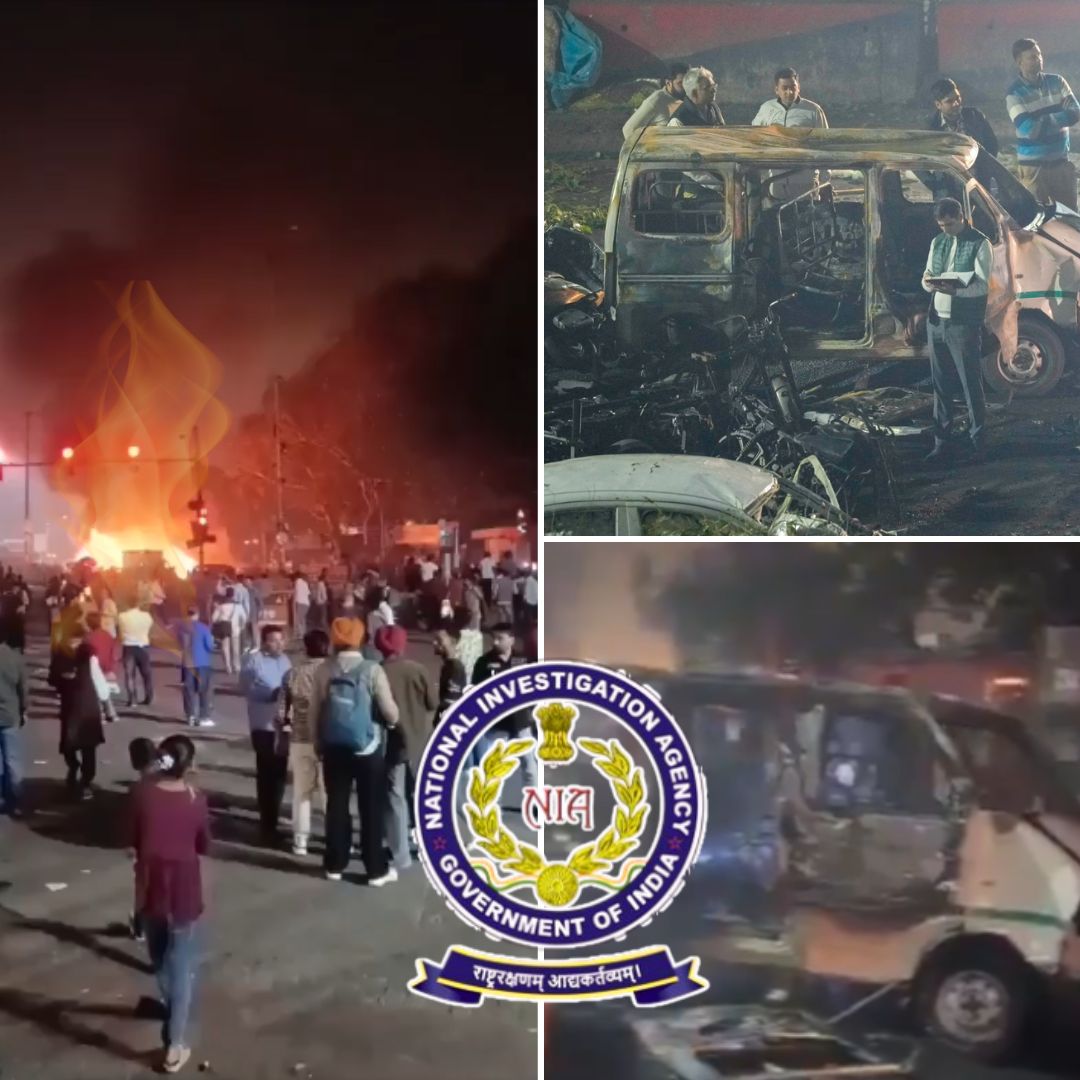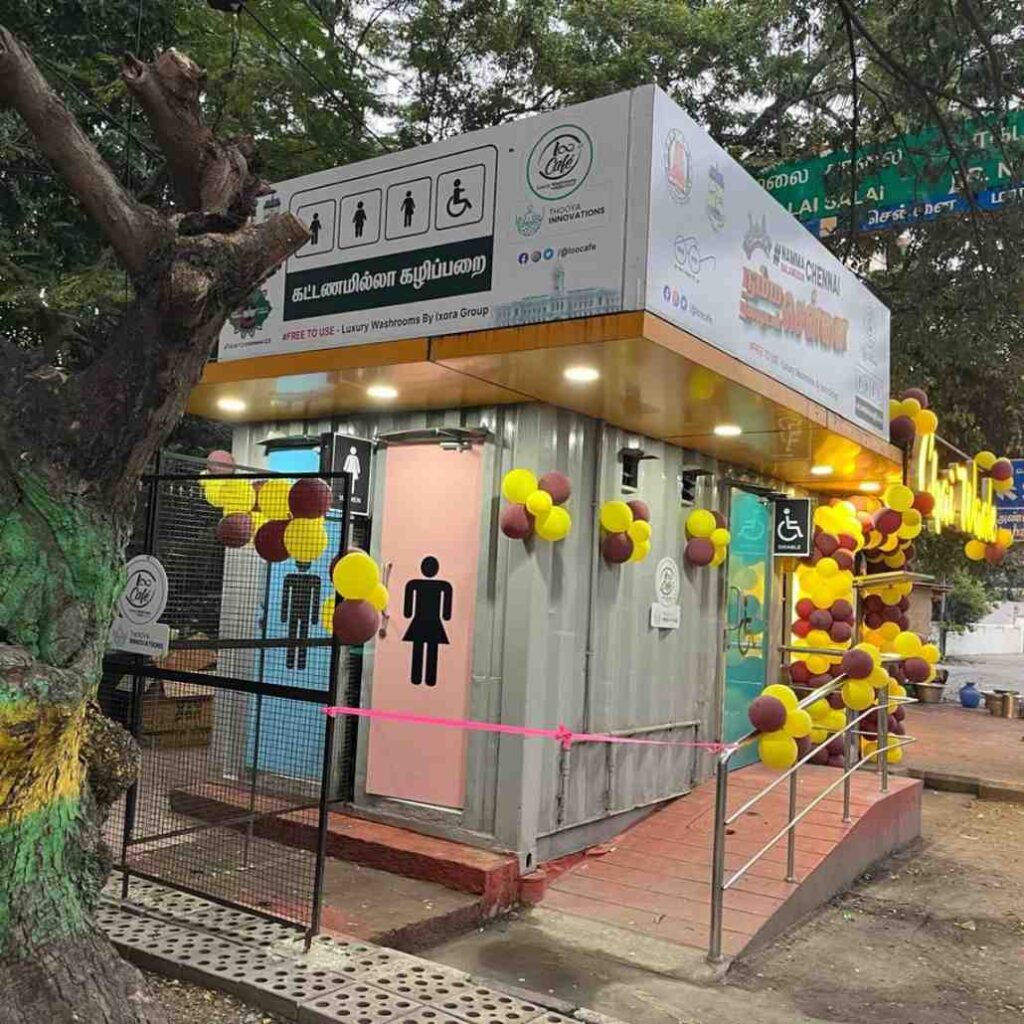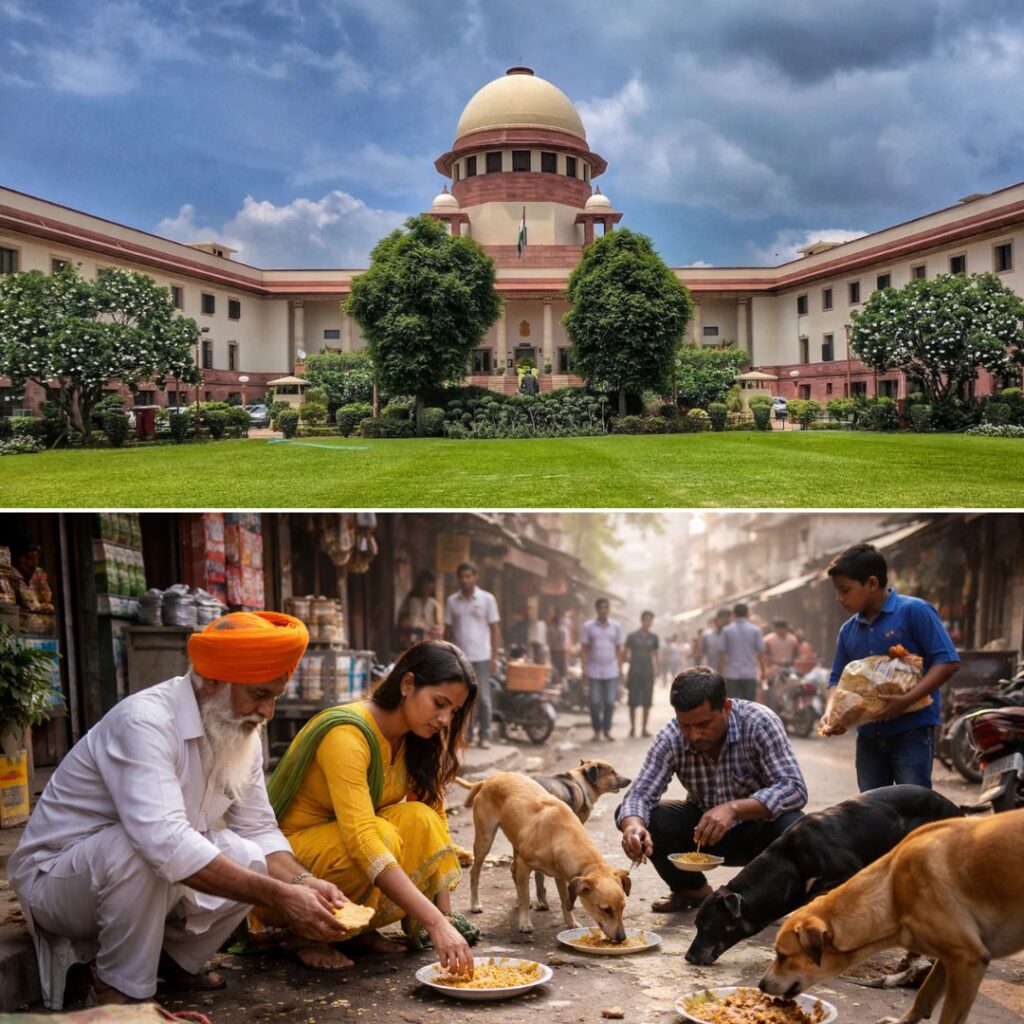A car bomb exploded near Delhi’s Red Fort Metro Station on Monday evening, claiming at least 12 lives and injuring over 20 people, but authorities have confirmed that the explosion was not a suicide attack.
Investigators believe the bomb was triggered in panic when the suspect, fearing imminent capture, detonated an underdeveloped explosive device.
The National Investigation Agency (NIA), which has now taken over the probe, suspects the attack is linked to a larger terror network recently disrupted through multiple arrests and explosives seizures across North India.
A Deadly Evening Near a Historic Landmark
The blast occurred around 6:55 PM near Gate No. 1 of Red Fort Metro Station – a bustling area filled with evening commuters, street vendors, and tourists.
The powerful explosion tore through the front of the station, destroying several parked vehicles, setting some on fire, and shattering windowpanes of nearby shops and houses.
Eyewitnesses described scenes of chaos: people running for cover, smoke engulfing the narrow lanes, and vehicles ablaze. Within minutes, police, fire, and rescue teams arrived, cordoning off the area.
Metro services were temporarily suspended, and the site was declared a high-security zone.
Preliminary Findings and Forensic Clues
Investigators have identified the suspected bomber as Dr. Umar Nabi, who is believed to have died in the explosion itself.
Preliminary forensic reports indicate that the explosive was ammonium nitrate-based, similar to materials seized in the Faridabad raid last week, where security agencies uncovered nearly 350 kilograms of explosives, assault rifles, and bomb-making equipment.
According to NIA officials, the device appeared to be improperly assembled and unstable, which likely caused it to detonate earlier than intended.
“This was not a suicide mission,” one senior investigator confirmed. “The evidence points to a premature or panic-triggered detonation, possibly after the suspect sensed police tracking movements.”
The Vehicle Trail: Clues and Cover-ups
The white Hyundai i20 used in the blast has become the centerpiece of the NIA probe. The car’s registration number was fake, and investigators are tracing its ownership chain to identify handlers.
CCTV footage gathered from over 40 surveillance cameras across central and Old Delhi has revealed that the vehicle made multiple halts through the day – in Connaught Place, Daryaganj, and Chandni Chowk – before parking near Red Fort Metro Station.
Officials say the car was stationed for less than 10 minutes before it exploded. The absence of a large crater and limited shrapnel dispersion indicates that the device lacked high-grade detonation capability – further supporting the theory that it was a hurriedly assembled, low-yield bomb.
Links to Wider Terror Module
The NIA believes the blast is connected to the terror module recently busted in Haryana and Jammu & Kashmir. Several individuals associated with the Pakistan-based group Jaish-e-Mohammed (JeM) have been detained.
Sources say that after multiple module members were arrested last weekend, the remaining operatives panicked. Dr. Nabi, allegedly tasked with transporting the explosive to another location, may have detonated it to avoid arrest. “We suspect desperation and confusion led to this premature blast,” an NIA source stated.
The agency is now investigating whether the Delhi explosion was part of a larger plan involving coordinated attacks in NCR or elsewhere in northern India.
Electronic devices, communication logs, and financial records seized from suspects are being analyzed to map the funding and operational network.
Government Response: Zero Tolerance for Terror
Prime Minister Narendra Modi and Home Minister Amit Shah condemned the attack, calling it a “cowardly act” aimed at destabilizing peace. Both leaders vowed that the perpetrators would face the full wrath of the law.
PM Modi said:
“India will not be intimidated by such cowardly violence. Every individual involved in this conspiracy will be brought to justice.”
Home Minister Shah chaired a high-level security review meeting with senior NIA, IB, and Delhi Police officials late on Monday night. He directed a comprehensive investigation and ordered heightened vigilance across metro stations, transport hubs, and major landmarks in Delhi-NCR.
Swift Action and National Solidarity
The National Disaster Response Force (NDRF), Delhi Fire Services, and local police teams worked through the night to clear debris and secure the area. Hospitals across North Delhi, including Lok Nayak and AIIMS Trauma Centre, treated victims suffering from burns and shrapnel injuries.
Citizens, NGOs, and nearby residents volunteered to donate blood and provide food for the injured. Emergency helpline numbers were issued for families seeking information about loved ones. The Delhi Metro Rail Corporation (DMRC) also deployed staff to manage commuter distress and ensure services resumed safely by late evening.
Security has been tightened across Delhi, Noida, Gurugram, and Ghaziabad, with additional checkpoints and patrols. Intelligence agencies have been instructed to remain on high alert ahead of major public gatherings or political events.
The Logical Indian’s Perspective
This tragedy underscores not only the persistence of terror but also the resilience of ordinary citizens who respond to hatred with humanity. While the explosion near one of Delhi’s most iconic landmark sought to instill fear, it instead revealed the capital’s capacity for compassion, cooperation, and calm.
The Logical Indian urges readers to stay informed but cautious – to share verified information only and avoid spreading rumours or unconfirmed claims on social media. In moments like these, misinformation can be as damaging as violence itself.












